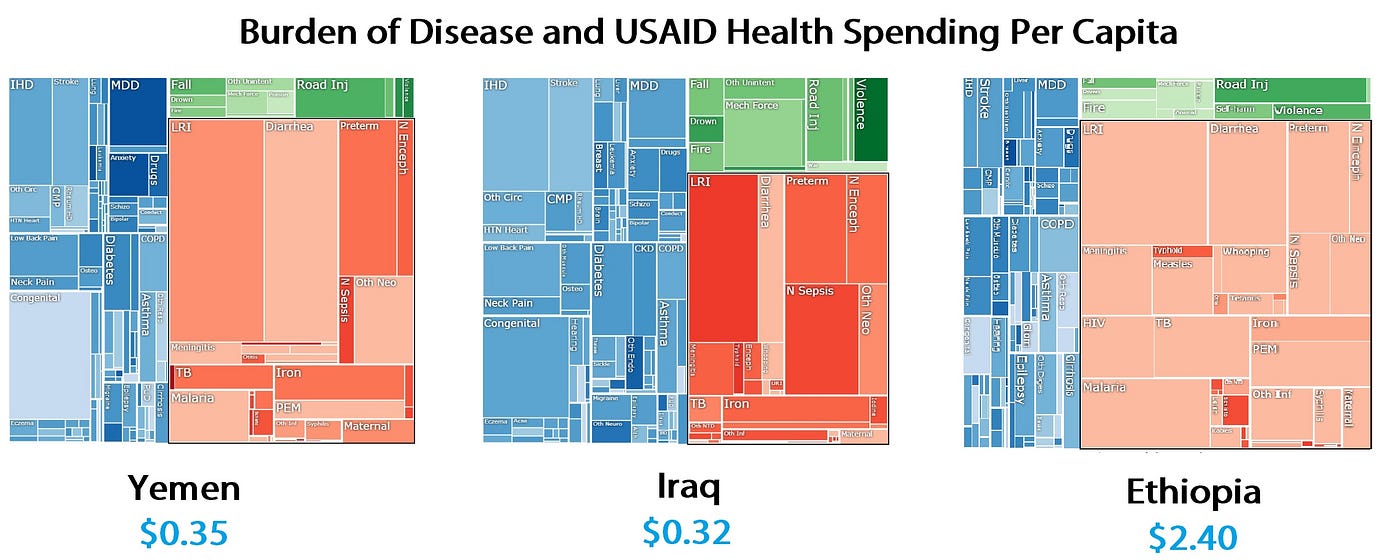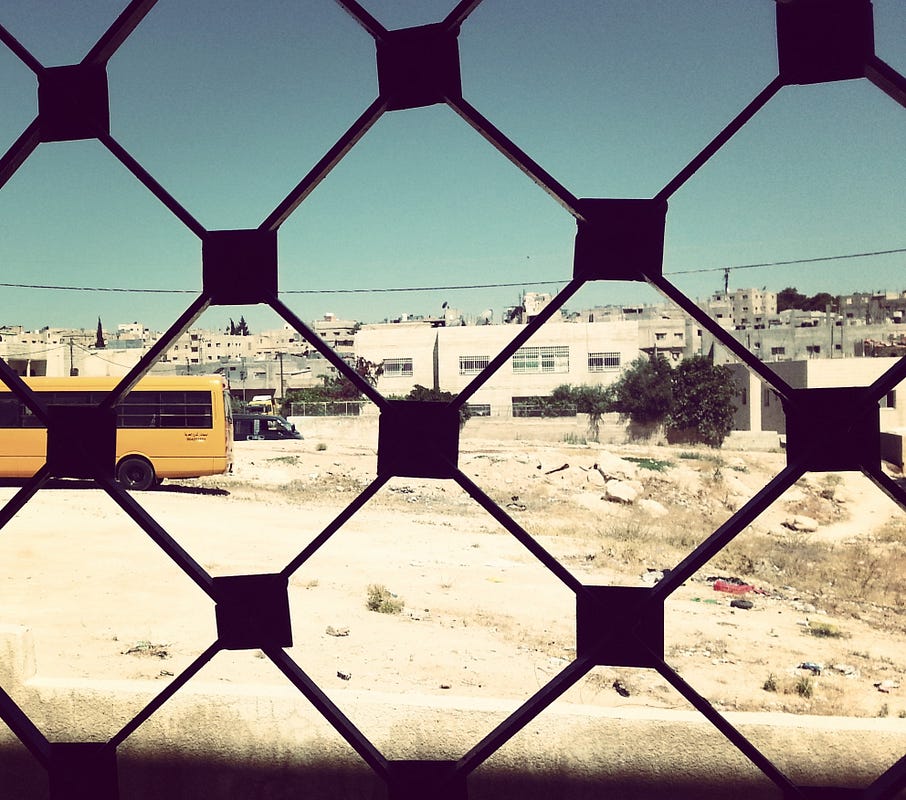G Parthasarathy
http://www.tribuneindia.com/2014/20140703/edit.htm#4
Nawaz Sharif now has an uneasy and indeed hostile relationship with his present Army Chief, Gen Raheel Sharif. The attack on the Indian Consulate in Herat was executed just on the eve of the arrival of Nawaz Sharif in New Delhi. It drew international attention as having been executed by Lashkar-e-Taiba with the backing of the ISI. It is no secret that for two generations Hafeez Mohammed Saeed has been patronised by the Sharif family. The attack was a message to the world, to India and to Mr. Sharif himself that even Hafez Saeed was a creature of the Army establishment. It is self-evident that the sponsorship of terrorism in India and in Afghanistan is managed by Raheel Sharif and not Nawaz Sharif.
Sharif’s present differences with the military have arisen earlier than in his previous two terms. Within a year these differences escalated over the house arrest and trial of General Musharraf on charges, including his suspension of the Constitution. When the Sind High Court cleared the way for Musharraf to leave the country, Sharif immediately responded by an appeal to the Supreme Court. Any conviction of Musharraf would not only reduce the stature of the Army nationally and internationally, but also serve as a deterrent to future coups -- something the Army would just not tolerate. To add insult to injury, Nawaz Sharif backed the influential Jang group in its tirade against Army excesses in Balochistan together with a campaign against the ISI for allegedly attempting to kill its star TV anchor Hamid Mir. The Army responded with a programme of vicious intimidation of the media.
Nawaz Sharif and the Army also have serious differences on measures to deal with Tehriq e Taliban Pakistan (TTP). With political and parliamentary backing, Sharif decided to commence dialogue with the TTP and a ceasefire was put in place. The Army was unhappy as it sought to wreak revenge for the “cardinal sin” of the TTP in killing a Major General. While negotiations between the TTP and the government interlocutors were under way, the Army engineered an escalation of tensions with the TTP, compelling Nawaz Sharif to end the negotiations. Even before Sharif could make a formal announcement, the Army proceeded with a massive assault in North Waziristan, using air power (F 16 fighters), artillery and mechanised infantry. It is evident that the targets of the military wrath are exclusively the TTP and their Uzbek and Uighur allies. Predictably, the Haqqani network has been spared as they remain allies of the Pakistani military to destabilise and overthrow the government in Kabul.




